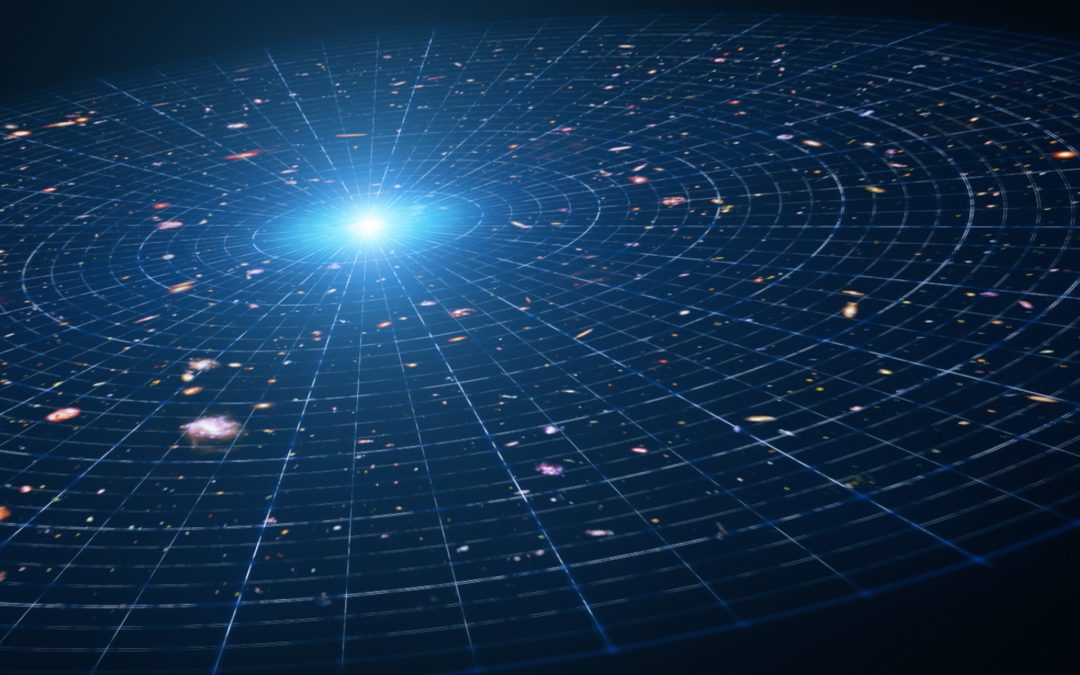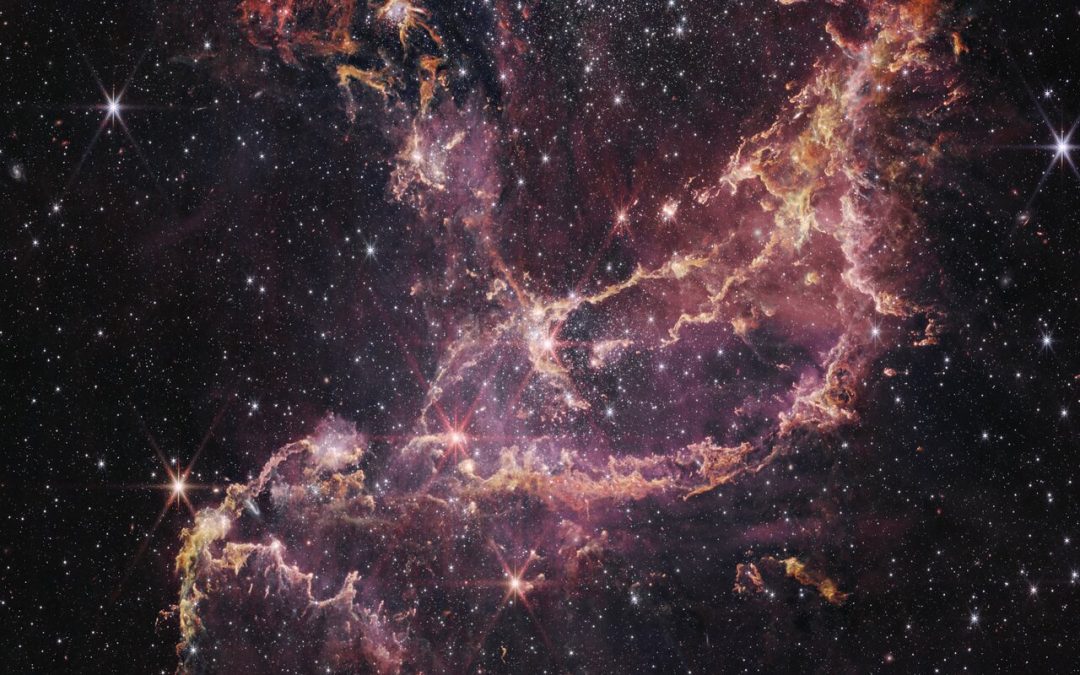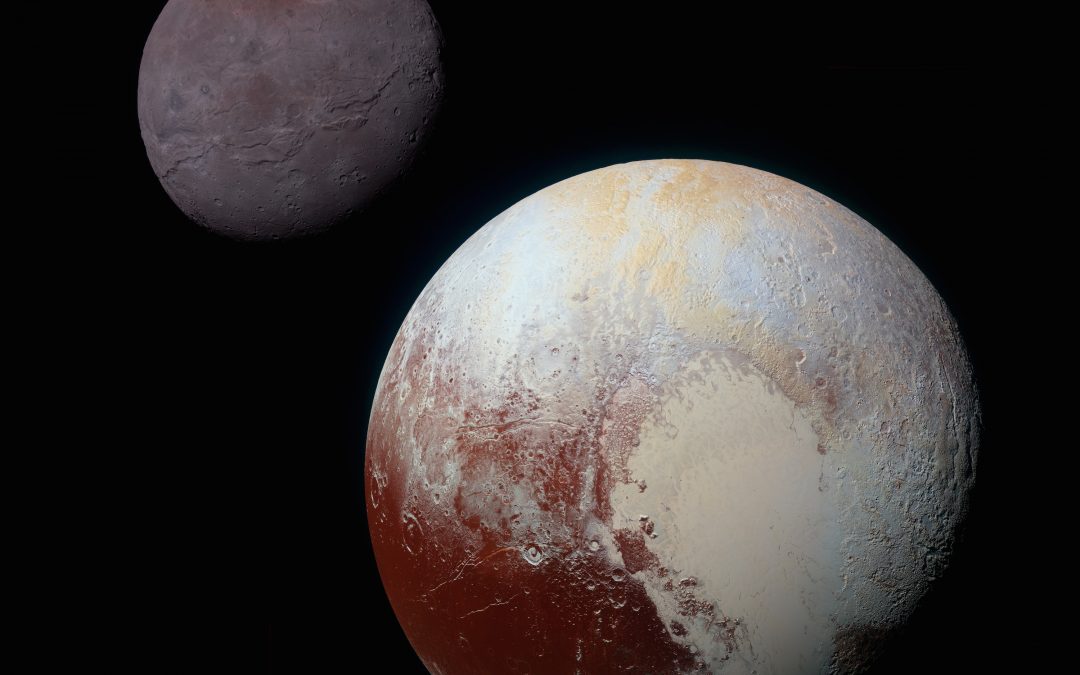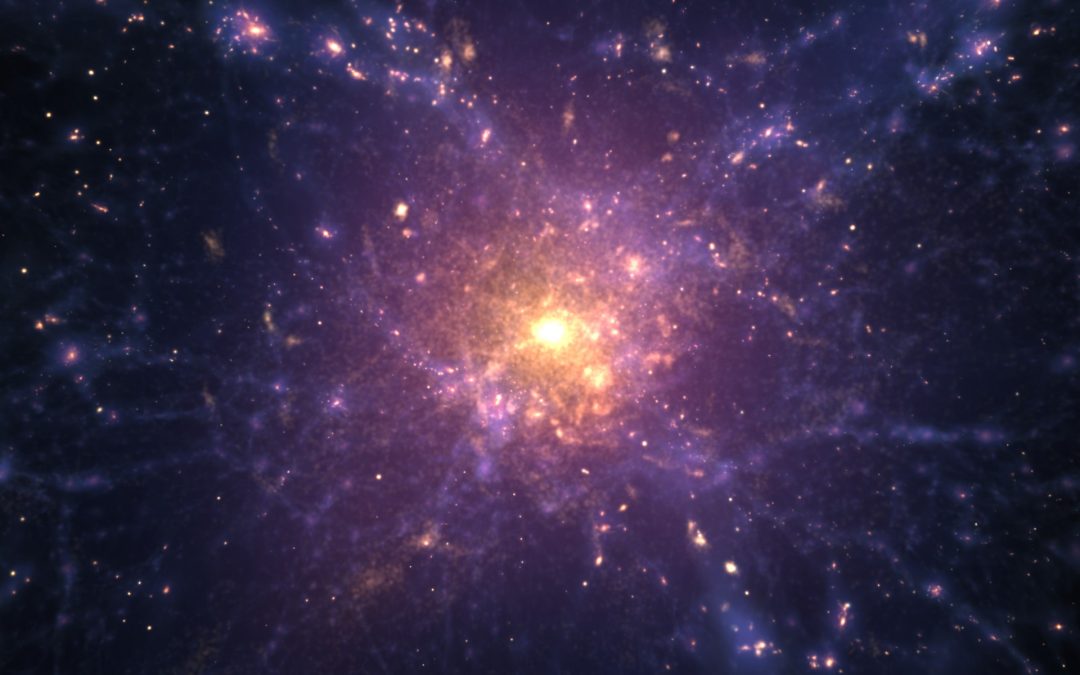Astronomers have made extremely accurate measurements of the expansion rate of the Universe and come up with different results. And the error bars for the observations don’t overlap, so there’s something strange going on. What’s the answer and how can the Crisis i…












